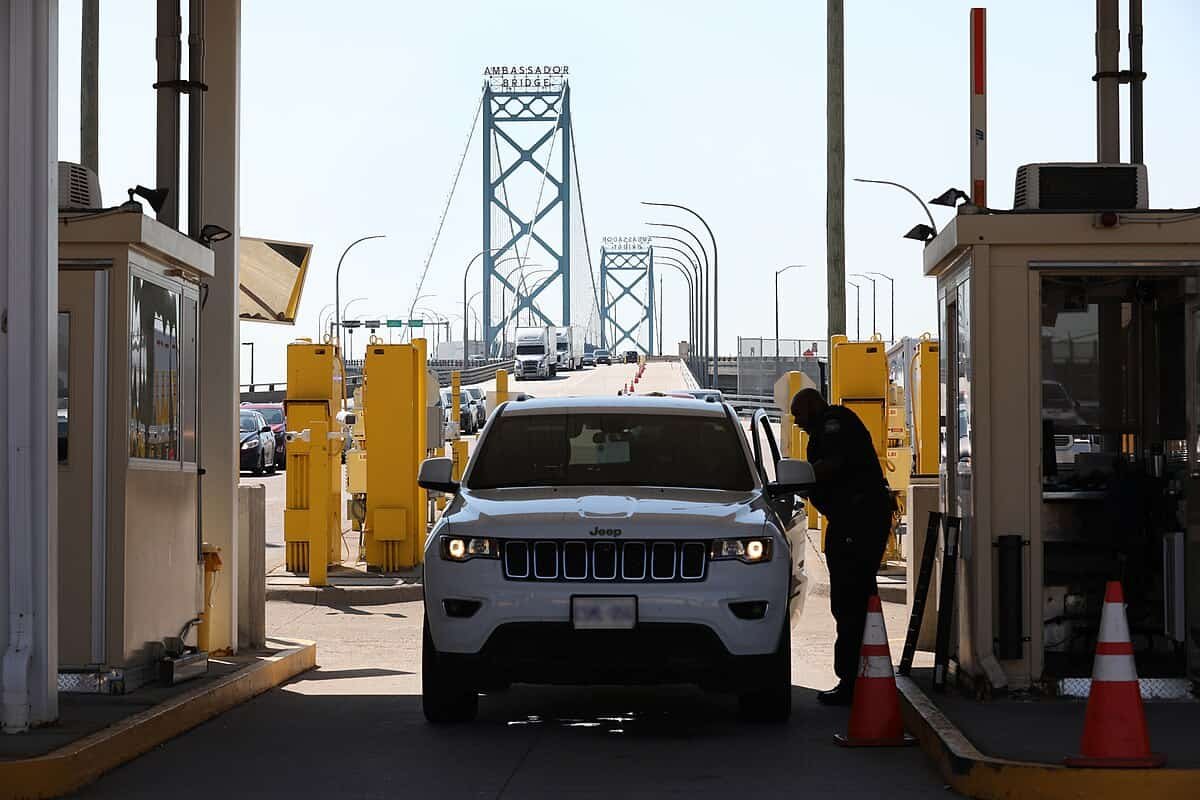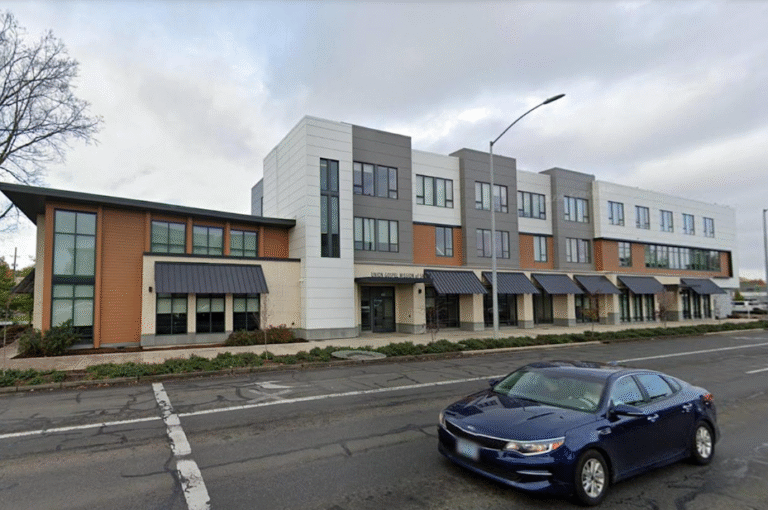
Migrant Entry Through Biden’s Parole Program
U.S. Customs and Border Protection (CBP) reports that nearly 530,000 migrants from Cuba, Haiti, Nicaragua, and Venezuela (CHNV) have entered the U.S. legally under a Biden administration parole program. This initiative provides two-year humanitarian parole for those who pass biometric and biographic screenings, creating a legal pathway for migration from these countries.
Resumption of Advance Travel Authorizations
In August, the Department of Homeland Security (DHS) resumed processing Advance Travel Authorizations (ATAs). This included enhanced vetting for U.S.-based supporters of migrants. Once authorized, migrants buy airline tickets and fly legally into the U.S. An additional 813,000 migrants have scheduled appointments through the CBP One app at U.S. ports of entry, highlighting the increasing demand for legal migration routes.
Criticism of the Parole Program
Biden administration is overextending its parole authority, which is typically reserved for urgent humanitarian cases. A coalition of Republican-led states filed a lawsuit against the program, but it was dismissed by a judge earlier this year.
ICE’s Resource Strain
U.S. Immigration and Customs Enforcement (ICE) is facing challenges in managing the rising number of migrants. Each ICE officer is handling roughly 7,000 cases, and the non-detained docket could hit 8 million by 2024. ICE also struggles to track and deport individuals who overstay their two-year parole grants, further complicating immigration enforcement.

Immigration Policy Debate
The parole program is central to the ongoing debate on U.S. immigration policies.



